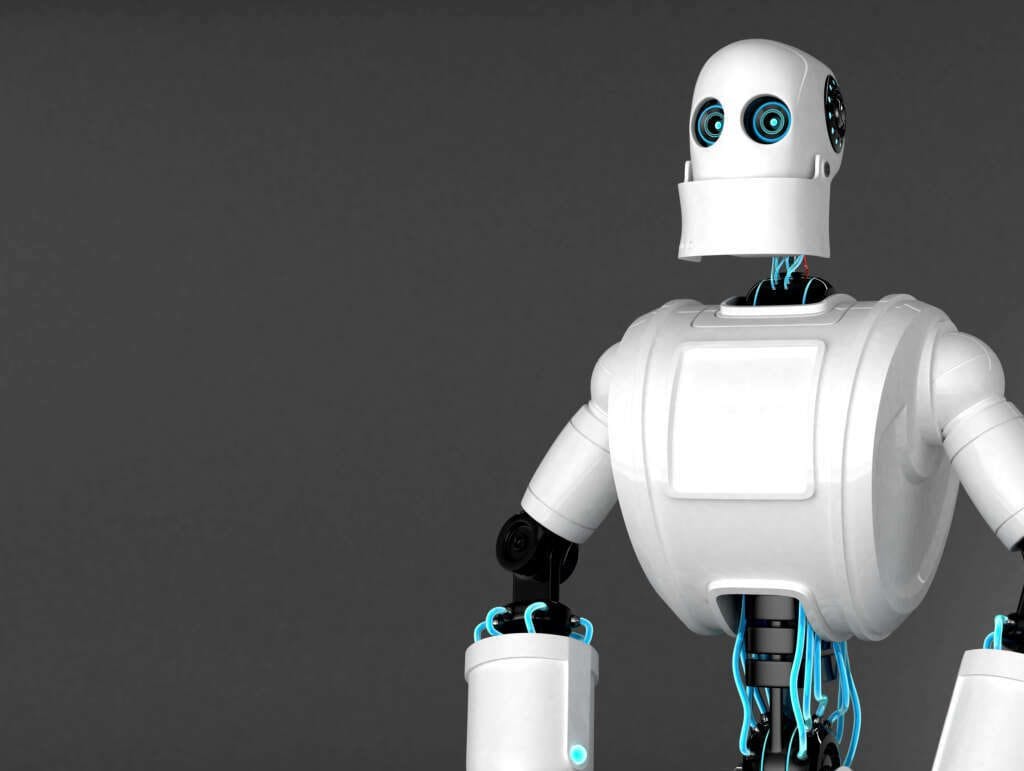
Walter Martin, Chief Accounting Officer, Kepak Group
Integrating a new member of staff into an established team is never easy – but what if that new team member was a software robot?
This was a question we at Kepak, one of Europe’s leading meat producers, asked ourselves when we turned to Robotic Process Automation (RPA) to make our operations more efficient. Founded in 1966, the company now has 12 manufacturing plants and three office locations across Ireland and the UK. It’s a family-run firm offering a wide range of goods and services to supermarkets and the hospitality industry.
Keeping an eye on the margins
Kepak operates in a competitive industry, which means we need to be as efficient as possible to boost profitability. Other sectors can invest in expensive tools such as enterprise resource management software or business information systems – but in our business, we need to come up with more creative ways of boosting our productivity and making best use of our technology
investments.
As a business, we operate in a competitive industry and need to think carefully about our technology investments, so that we provide the quickest return on investment. When a colleague suggested looking into software robots, and UiPath specifically, we knew we were onto something. UiPath’s automation platform could make a big difference thanks to its ability to boost efficiency across the business and would be scalable enough that we could build on the platform ourselves as our needs evolved in the future and we identified more areas to automate.
The first automation
To implement the automation, the team decided to create a proof of concept for the accounts payable team in the finance department. At the time, six employees processed invoices, which was laborious and time-consuming: day-in, day-out, they did the same thing.
Automating this process was a game-changer for the team. It ended up removing 2,388 hours of repetitive tasks a year, saving a significant amount of time for the accounts payable team. In fact, the automation was so successful, it allowed four employees to move onto more interesting, value- add roles. These people have now transitioned to work on areas where we previously had identified we needed more to dedicate more resources to.
Expanding more widely
As other teams heard about the success of the UiPath software robot, which we affectionately named Bertie after Albert Einstein, they began submitting ideas for new automations – in fact, to date, 54 ideas have been submitted. For example, one employee was responsible for sending receipts from one department to another. This task was quickly automated with RPA, freeing up valuable time for them to be focusing on business-critical tasks. Because of the nature of the industry, a key part of Kepak’s success is very closely linked to commodity prices. The teams need to understand the constantly changing cattle prices across the country to plan effectively. This involves scraping data from the Department of Agriculture’s website
and inputting it into a dashboard. Prior to bringing in UiPath technology, this was a manual, arduous task which was often bottom of the to-do list.
Automating this job was a no-brainer, and the bot was integrated with our own internal software to ensure the data was always up-to-date and available.
Since that initial success, Kepak now has ten automations running, with an additional five in development. This has helped collectively save nearly 15,000 hours of work a year, empowering employees to become even more effective and efficient in their roles.
Overcoming challenges
Of course, even the most successful implementations would not come without their challenges. Gaining employee buy-in is a key issue we wanted to get right from the get-go. While there has been lots of enthusiasm for automation at Kepak, whenever a new technology is introduced to the workplace it’s important that employees are given the right information as well as room to ask questions. In this case, we addressed early questions from employees about the role software robots play and how this would impact them.
It’s very important to the team that robots are here to make their daily lives easier, not replace them. It’s clear from the automations we’ve already implemented that they are there to help colleagues, and often, even the most skeptical team members will come back asking for support. Cross-collaboration between departments has also really helped automation adoption at Kepak. The finance team was involved in deployment from day one – giving the IT team an amazing use case – and really helped the IT department get wider teams to embrace automation as a technology.
Ultimately, UiPath’s software robots have transformed the finance team here at Kepak. Now, more of these processes have been automated, our employees can focus on more valuable and enjoyable work, cross-collaboration between departments has improved, thousands of man-hours have been saved, and we have plans to use automation to support future sustainability targets. While there were some teething challenges, the results have spoken for themselves, and our new robot colleague has been fully embraced by its team.


